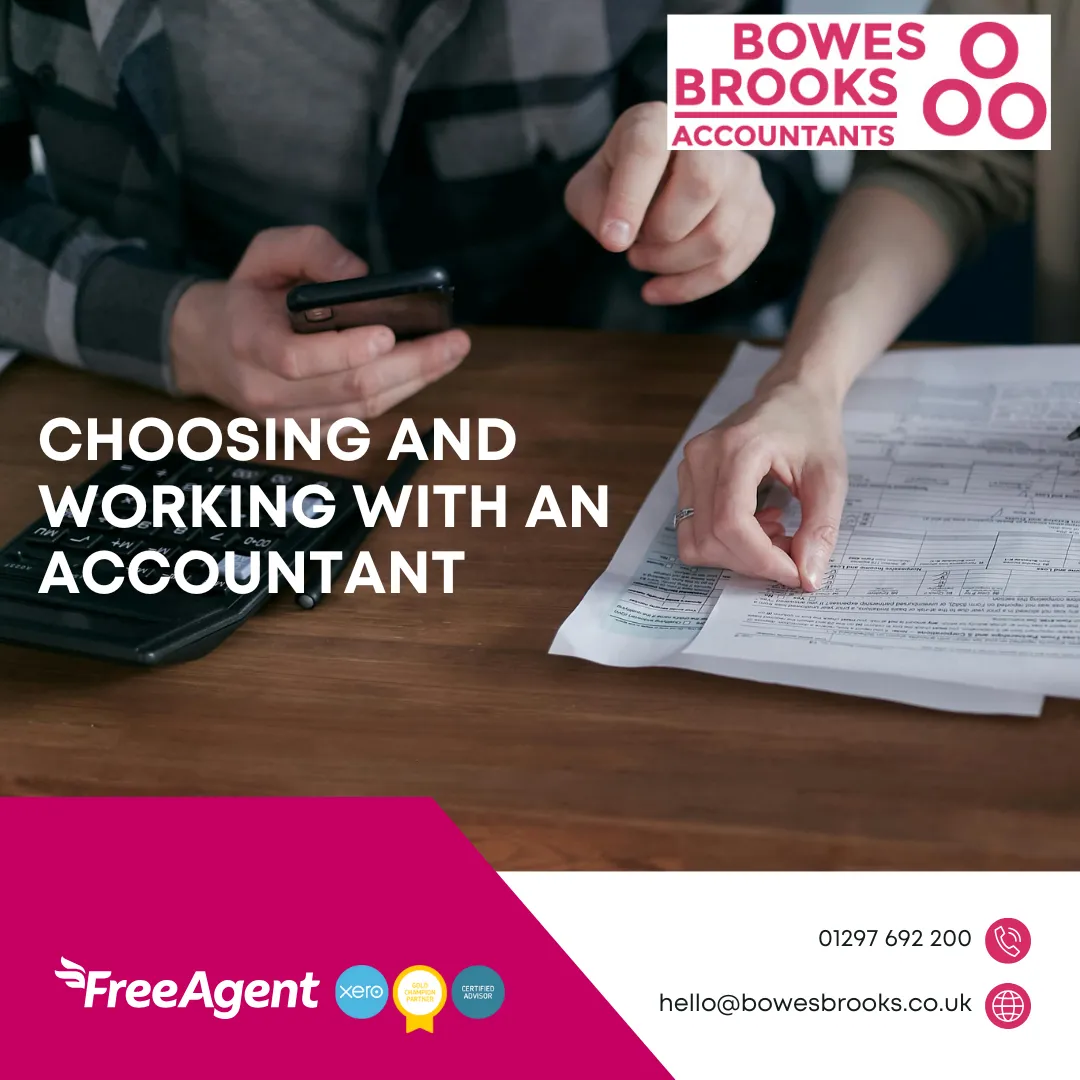
Do I need an accountant if I use accounting software?
Using accounting software can simplify financial tasks—but it doesn’t always replace an accountant.
Tools like Xero, QuickBooks, and FreeAgent are great for:
Sending invoices
Tracking income and expenses
Reconciling bank transactions
Calculating VAT
Generating basic reports
For freelancers or small businesses with simple finances, this might be enough.
What Software Can’t Do
Even the best software can’t:
Give personalised tax advice
Help with strategic financial planning
Navigate complex tax rules
Ensure compliance with changing regulations
Catch entry mistakes or misclassifications
Software processes data—but it doesn’t interpret it in context.
When an Accountant Is Still Useful
You’ll likely benefit from an accountant if:
You run a limited company
You’re VAT registered or employ staff
You have multiple income sources
You need help with budgeting, forecasting, or tax efficiency
You want someone to handle HMRC on your behalf
Best of Both Worlds
Many business owners use both:
Software for daily tracking
Accountants for reviews, filings, and advice
This combo keeps things efficient, compliant, and stress-free.
In short:
Software is great for managing the basics—but an accountant brings knowledge, accuracy, and strategic insight you can’t always get from a screen.
